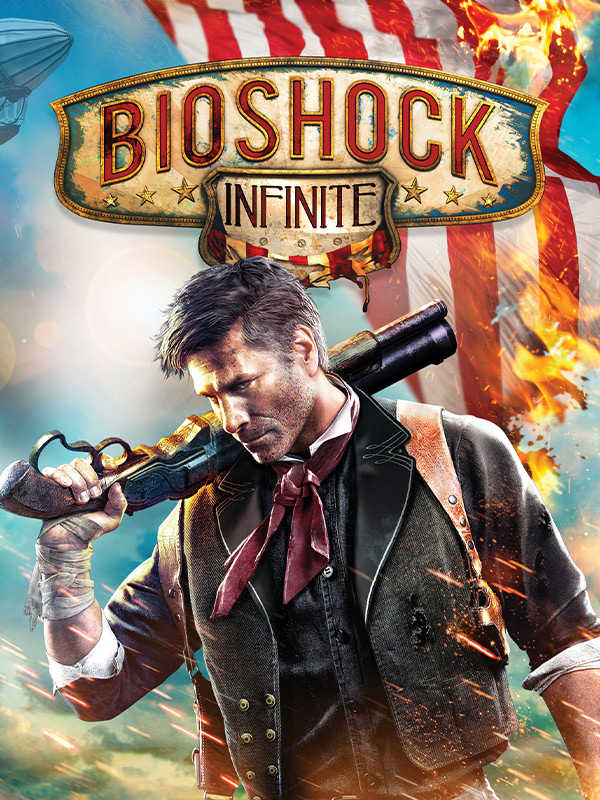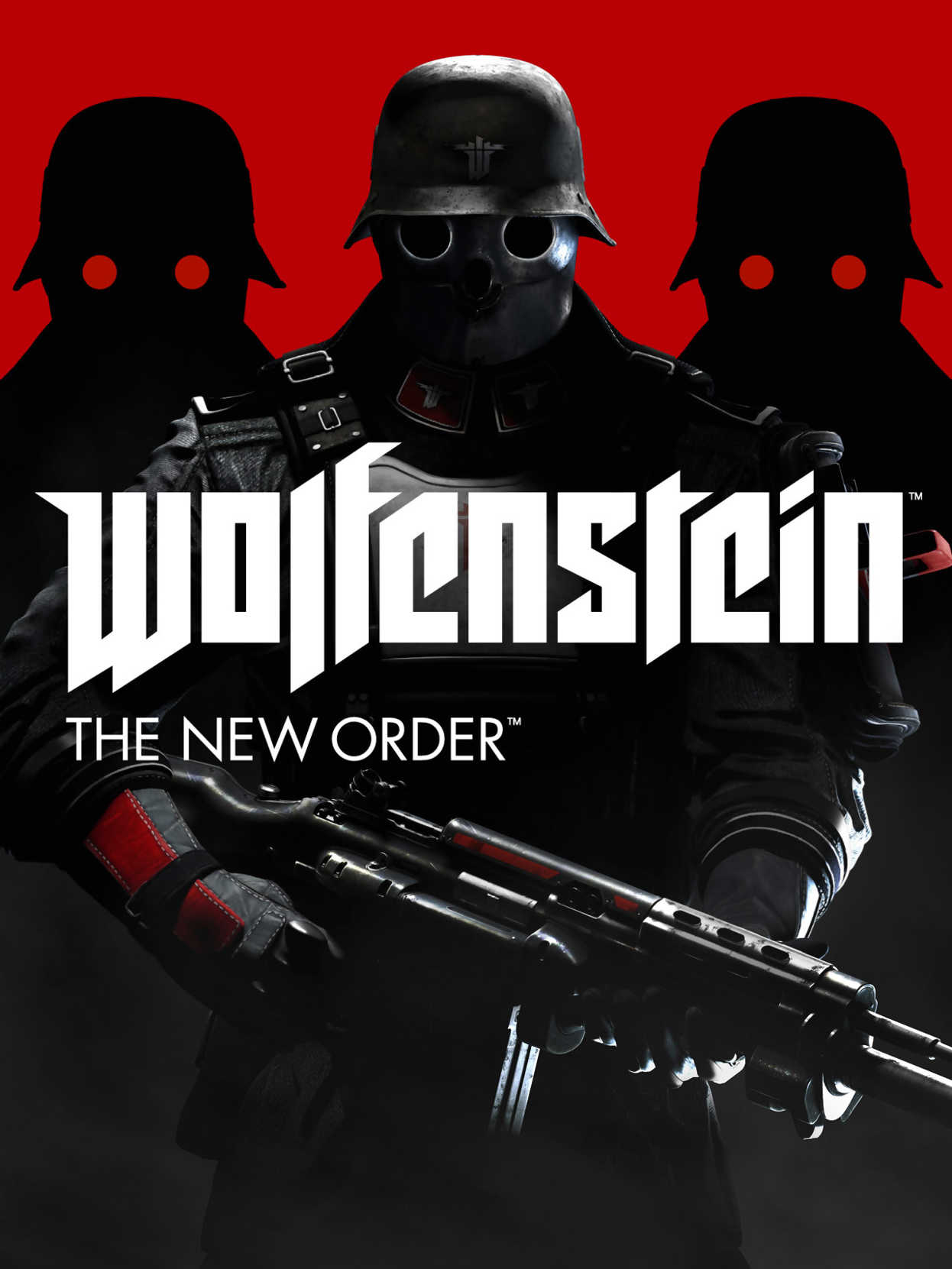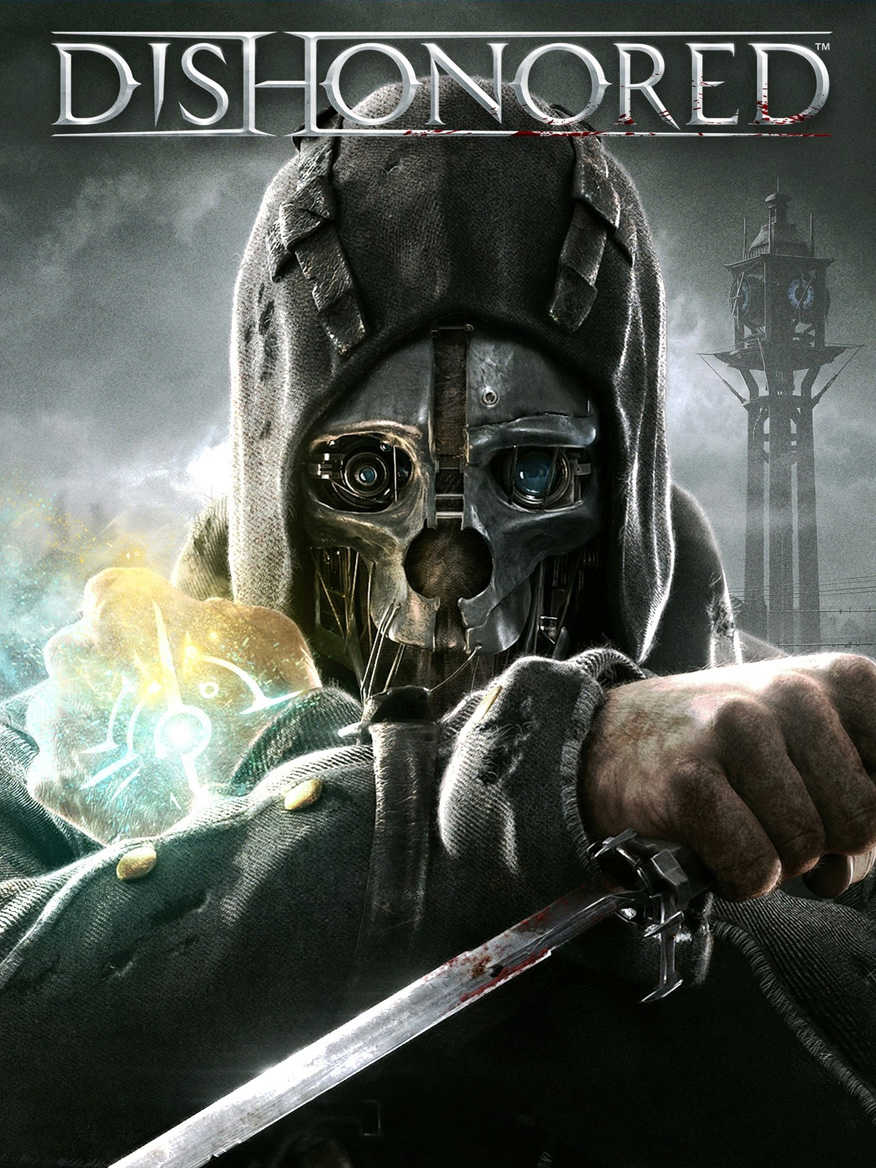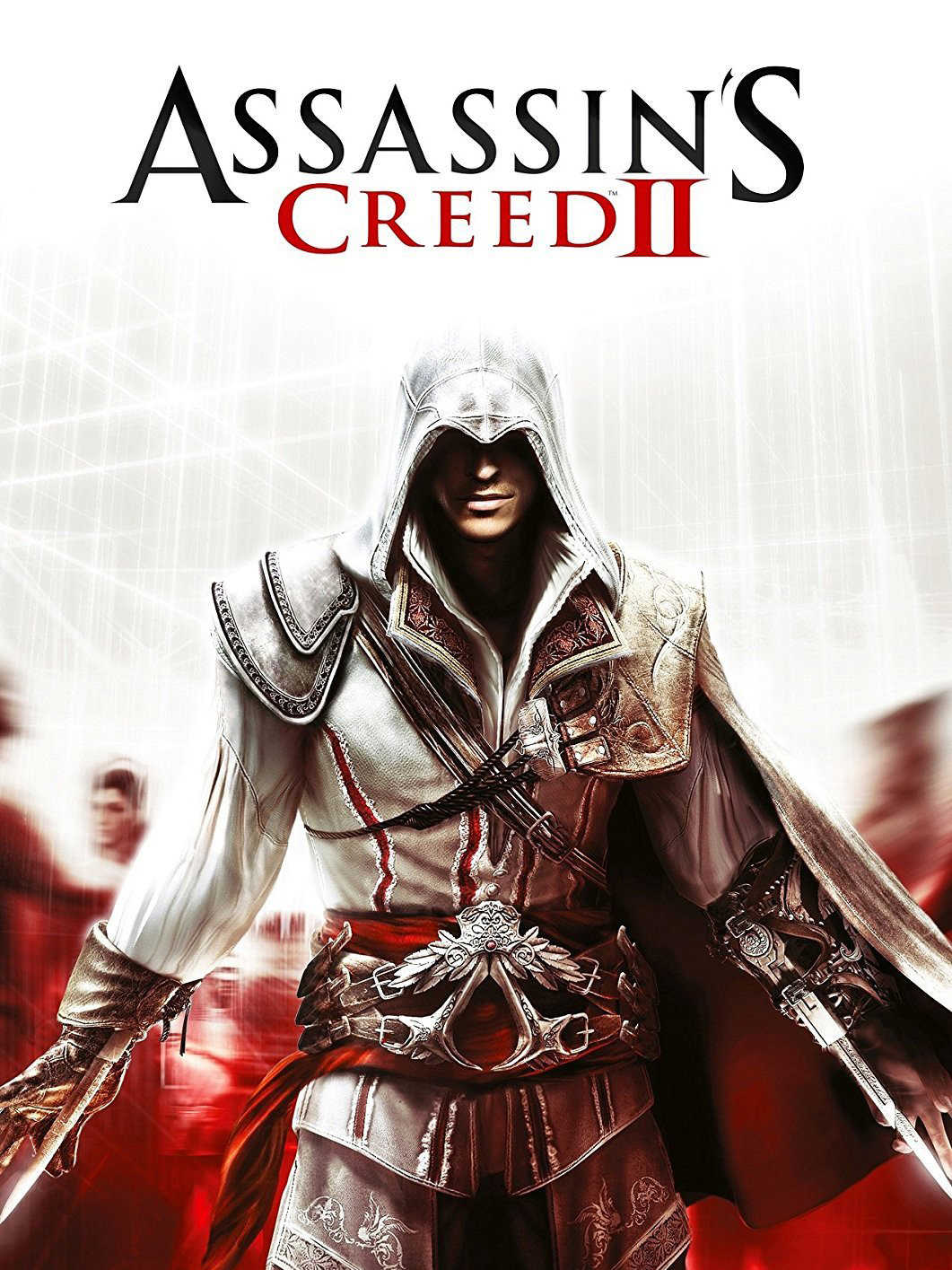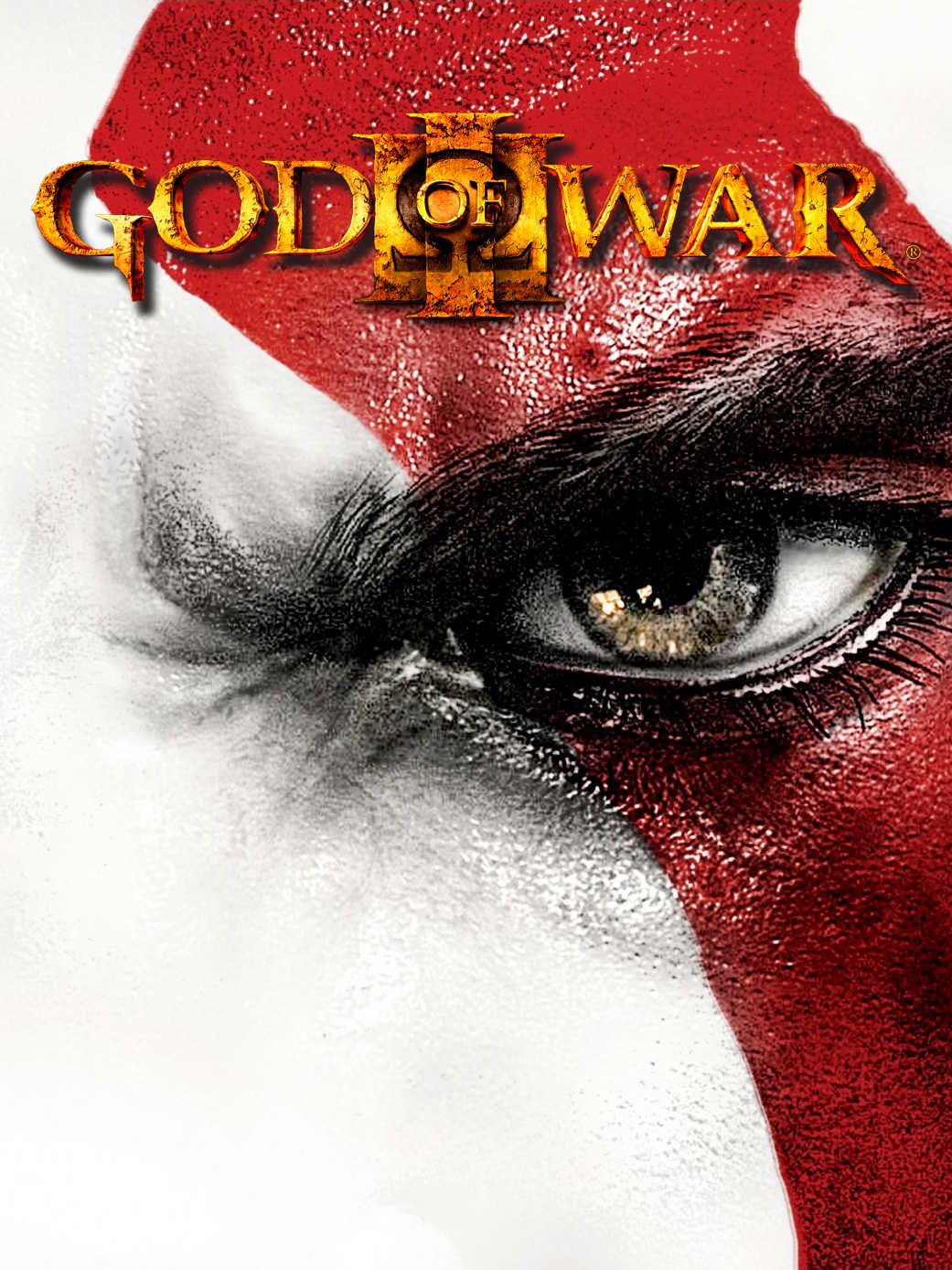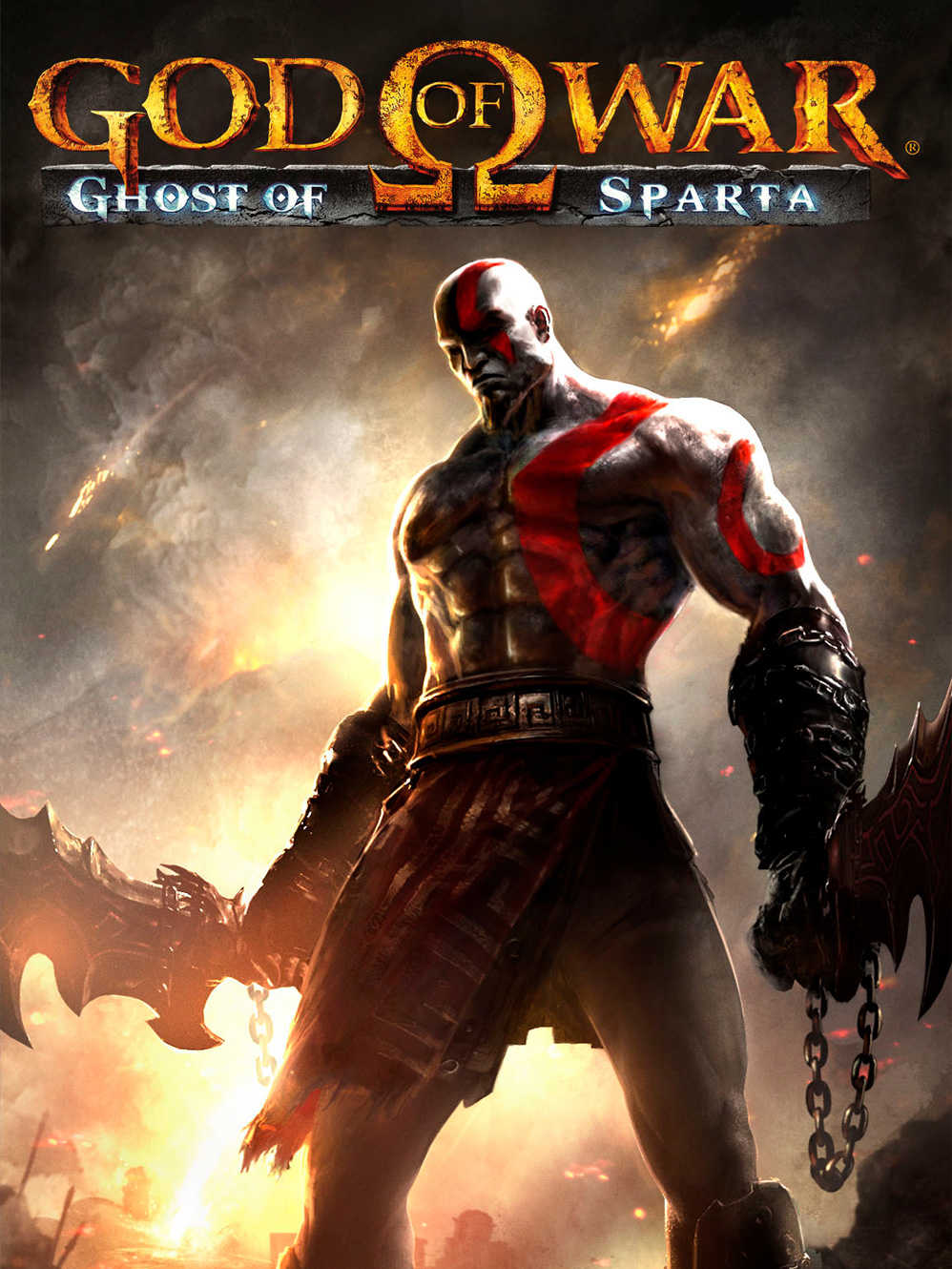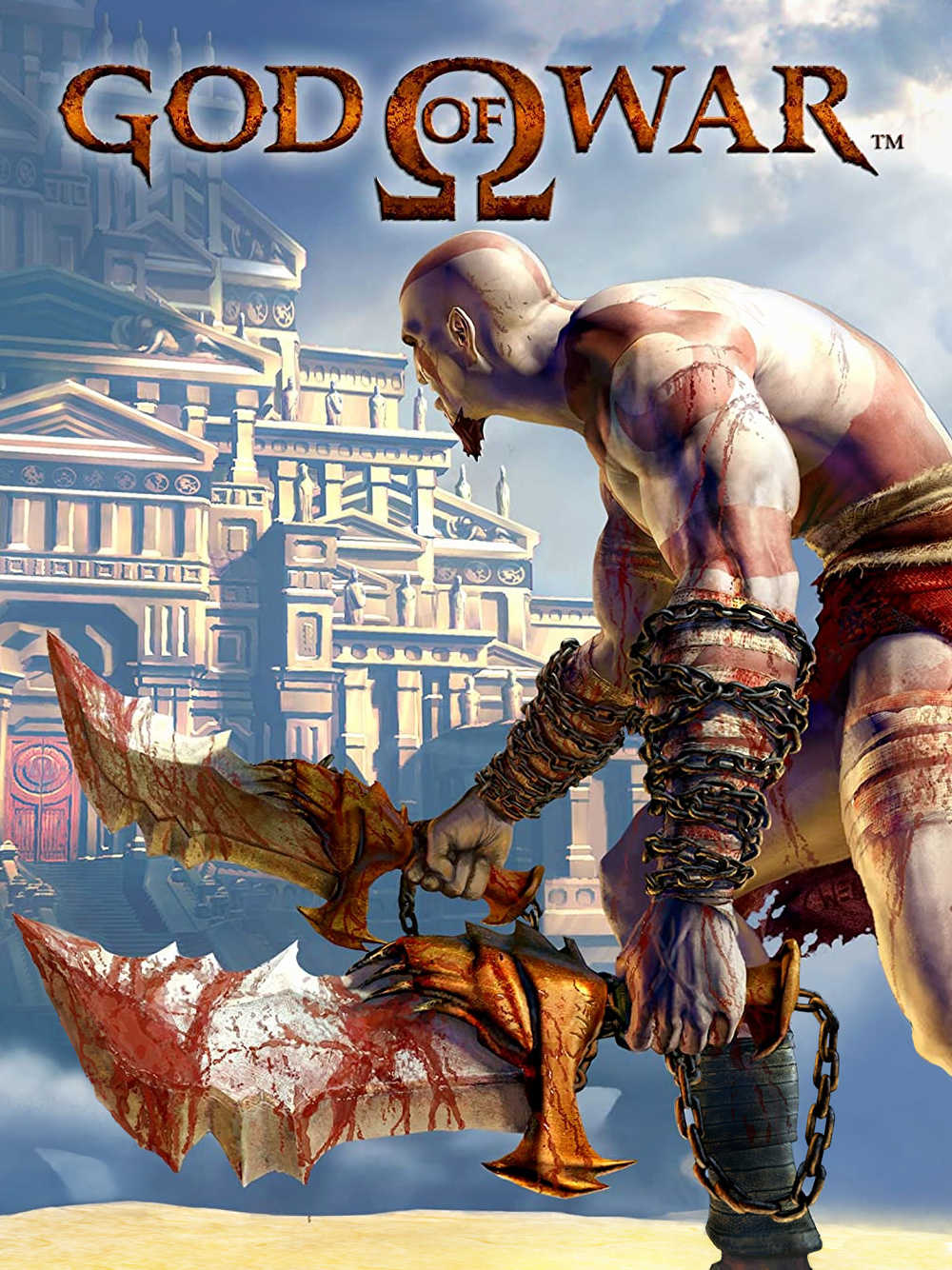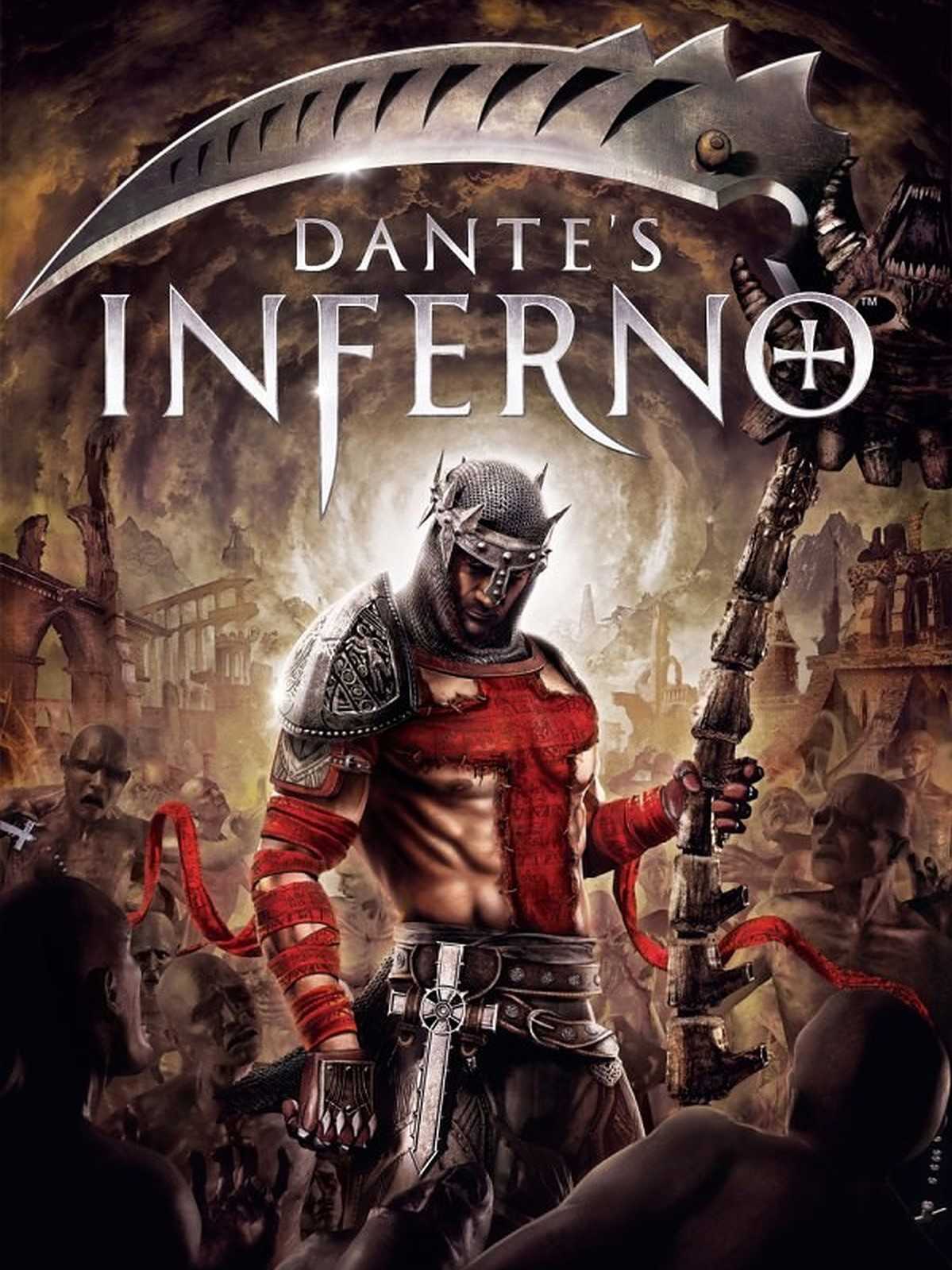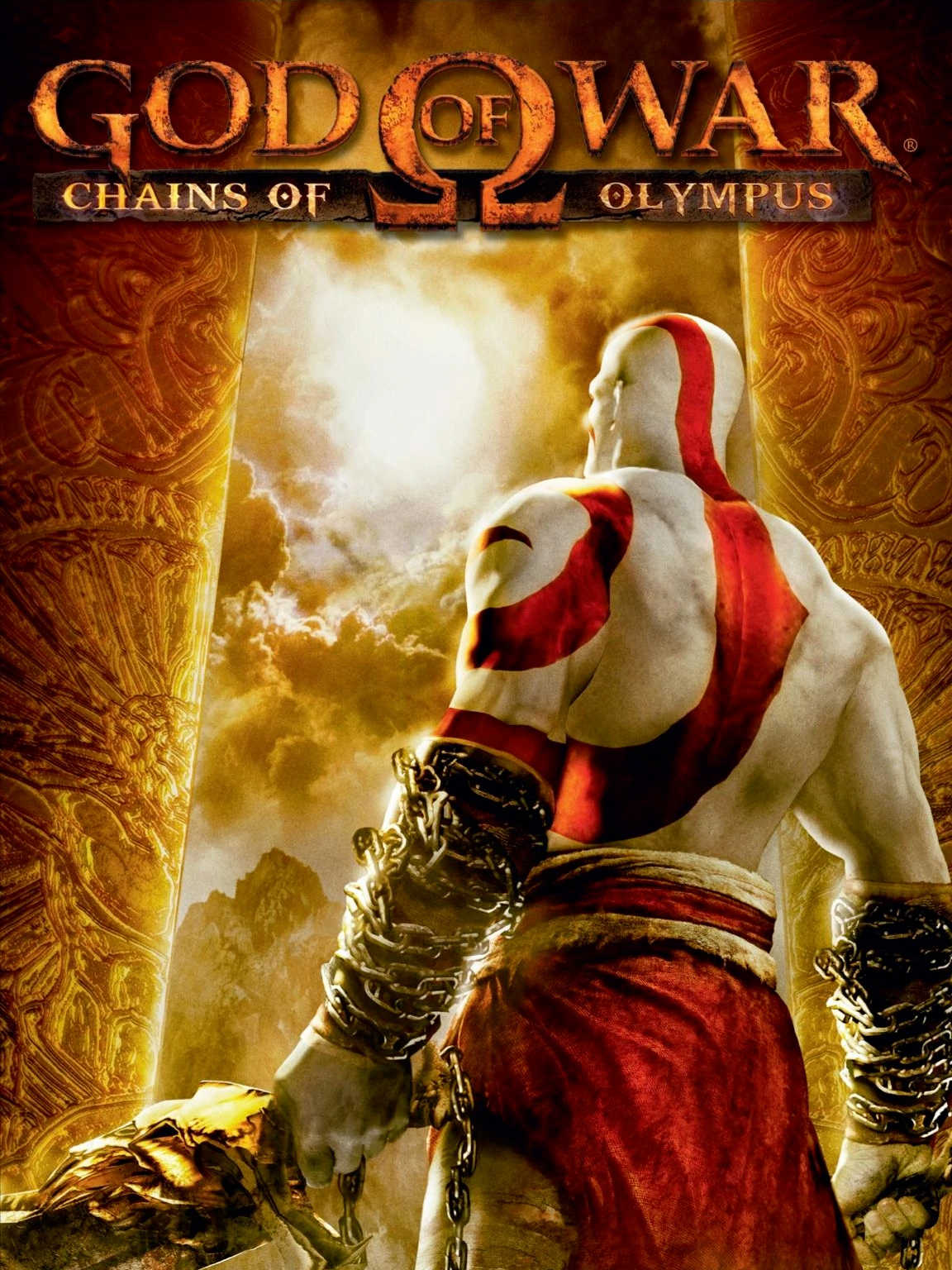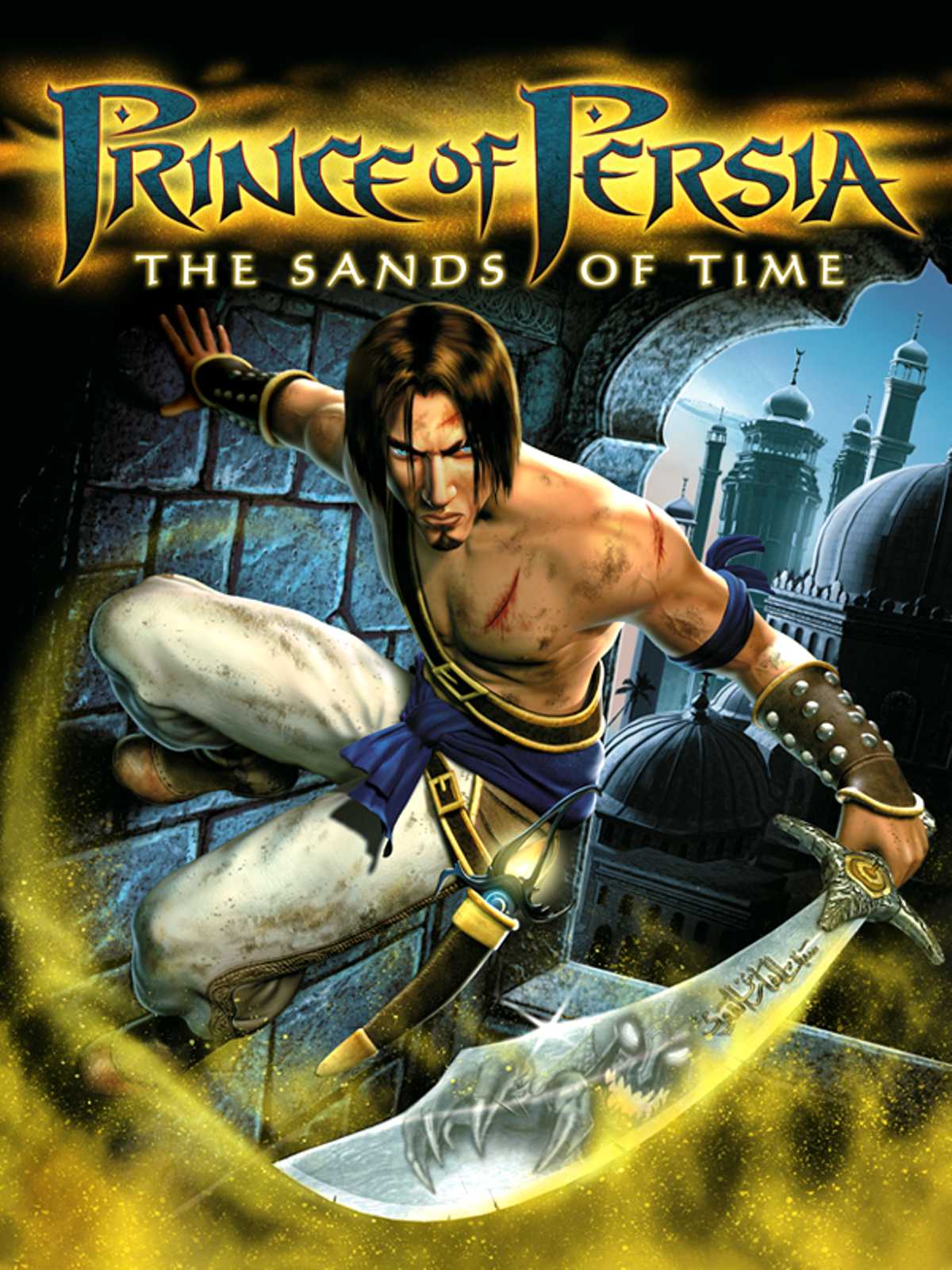If you found this page, you're probably wondering, what are the best games like God of War II. Luckily, we have prepared for you 10 games similar to God of War II in terms of genre, gameplay, and visuals. You should check out these titles, and, thanks to GameScribe, you can get them at the lowest price!
Shop with GameScribe, Save More
Compare prices from over 10 game stores and find the best deals on the games you want to buy.
from
7.99 $
BioShock Infinite is the third game in the BioShock series. It is not a direct sequel/prequel to any of the previous BioShock games but takes place in an entirely different setting, although it shares similar features, gameplay and concepts with the previous games. BioShock Infinite features a range of environments that force the player to adapt, with different weapons and strategies for each situation. Interior spaces feature close combat with enemies, but unlike previous games set in Rapture, the setting of Infinite contains open spaces with emphasis on sniping and ranged combat against as many as fifteen enemies at once.
from
4.99 $
Wolfenstein: The New Order is an action-adventure shooter game played from a first-person perspective. It is the semi-sequel to 2009's Wolfenstein, however utilizes very little from the game and drops any direct references to veil or supernatural. To progress through the story, the player battle enemies throughout levels. The game utilizes a health system in which players' health is divided into separate sections that regenerate; if an entire section is lost, the player must use a health pack to replenish the missing health. In combat, a cover system can be used as assistance against enemies. The player have the ability to lean around, over, and under cover, which can be used as a tactical advantage during shootouts and stealth levels. The game gives the player a wide variety of weapon options—they can be found on the ground, retrieved from dead enemies, or removed from their stationary position and carried around.
from
4.99 $
Dishonored is an immersive first-person action game that casts you as a supernatural assassin driven by revenge. With Dishonored’s flexible combat system, creatively eliminate your targets as you combine the supernatural abilities, weapons and unusual gadgets at your disposal. Pursue your enemies under the cover of darkness or ruthlessly attack them head on with weapons drawn. The outcome of each mission plays out based on the choices you make.
from
19.99 $
Discover an intriguing and epic story of power, revenge and conspiracy set during a pivotal moment in history: the Italian Renaissance. Experience the freedom and immersion of an all new open world and mission structure with settings such as the rooftops and canals of beautiful Venice. Your options in combat, assassination and escape are vast, with many new weapons, settings and gameplay elements.
Set in the realm of brutal Greek mythology, God of War III is a single-player game that allows players to take on the climatic role of the ex-Spartan warrior, Kratos, as he scales through the intimidating heights of Mt. Olympus and the dark depths of Hell to seek revenge on those who have betrayed him. Armed with double-chained blades, and an array of new weapons and magic for this iteration of the trilogy, Kratos must take on mythology's darkest creatures while solving intricate puzzles throughout his merciless quest to destroy Olympus. Utilizing a new game engine built from the ground up and state-of-the-art visual technologies, the development team behind God of War III has made standard-setting strides in giving players the realistic feel of actually being on the battlegrounds. With texture resolutions quadrupling since God of War II on PlayStation 2 computer entertainment system, God of War III, in its debut on the PS3 system, will feature fluid, life-like characters, as well as dynamic lighting effects, a robust weapon system, and world-changing scenarios that will truly bring unmistakable realism to Kratos' fateful quest. Players will have a chance to join battles on a grand scale that is four times larger than its predecessor.
"Marking Kratos' second foray into portable gaming, God of War: Ghost of Sparta stands as a spin-off nestled between the events of God of War and God of War II. Despite ascending to the title of the god of war, Kratos remains haunted by nightmarish visions. One such vision compels him to embark on a new journey when he witnesses his mother, Callisto, imprisoned in Atlantis under the dominion of the sea god Poseidon. Against Athena's counsel to ignore the vision, Kratos sets forth to unravel his past and, in the process, rescue his long-lost brother, Deimos, from the clutches of the god of death, Thanatos. This second instalment for the PlayStation Portable (PSP) maintains a gameplay style akin to its predecessor, introducing a handful of new mechanics. Kratos wields his trusty Blades of Athena in this quest, now augmented with a new magic known as Thera's Bane, amplifying the potency of his attacks. The game also introduces several new magical items and a fresh secondary weapon. In addition to the captivating story mode, Ghost of Sparta offers the "Temple of Zeus," a location where players can spend orbs acquired in the Battle Arena to acquire various art and other bonuses."
God of War is an action-adventure hack-and-slash video game developed by Santa Monica Studio and published by Sony Computer Entertainment (SCE). Initially launched for the PlayStation 2, the game stands as the first instalment in the God of War series and the third in chronological order. Loosely inspired by Greek mythology, it unfolds in ancient Greece with vengeance as its central theme. The player takes on the role of Kratos, the protagonist, a Spartan warrior devoted to the Olympian gods. Tasked by the goddess Athena, Kratos is assigned to eliminate Ares, the God of War and Kratos' former mentor. Ares had deceitfully manipulated Kratos into killing his wife and daughter. As Ares attacks Athens fueled by hatred for Athena, Kratos embarks on a quest to locate Pandora's Box, the sole object capable of permanently stopping the vengeful god.
Dante's Inferno is an epic single player, third-person action adventure game inspired by "Inferno", part one of Dante Alighieri's classic Italian poem, "The Divine Comedy." Featuring nonstop action rendered at 60 frames-per-second, signature and upgradable weapons, attack combos and mana-fueled spells and the choice of punishing or absolving the souls of defeated enemies, it is a classic Medieval tale of the eternal conflict with sin and the resulting horrors of hell, adapted for a new generation and a new medium.
Kratos makes his inaugural appearance on a portable gaming platform in the third instalment of the God of War series. Chains of Olympus serves as a prequel, unfolding its narrative a decade before the events in the original God of War. While retaining the familiar gameplay dynamics of its predecessors, subtle modifications enhance the overall experience. Kratos embarks on a journey through various levels, engaging in relentless combat against foes and formidable bosses, deciphering puzzles based on manipulating boxes, and participating in quick-time events. Throughout his odyssey, he amasses red orbs to fortify his weapons and abilities, secures Gorgon eyeballs to augment his health, and acquires Phoenix feathers to amplify his magical prowess. The game's controls underwent refinement to harmonize with the reduced button configuration of the PSP. Dodging, for instance, now necessitates the utilization of both shoulder buttons and the analogue stick. The iconic Blades of Chaos, synonymous with the God of War series, make a return, accompanied by an array of new weapons and magical spells such as the Sun Shield, Efreet spell, and Light of Dawn. The narrative unfolds as the Gods dispatch Kratos to the city of Attica, charging him with the defence against an encroaching Persian army. However, as Morpheus unleashes chaos, Kratos finds himself compelled to harness his formidable powers to once again rescue the world from impending doom.
from
1.99 $
Deceived by the treacherous Vizier, I was led to unleash the Sands of Time curse upon the Sultan's kingdom. With little but an ancient dagger and a devious princess to aid me, I must undo my fatal mistake. Mine is a fight for survival… not glory. • Reverse, accelerate, and slow time itself with the almighty Sands of Time. • Master the Prince's speed, agility, and ferocious fighting skills. • Explore and survive the vast kingdoms of medieval Persia.
